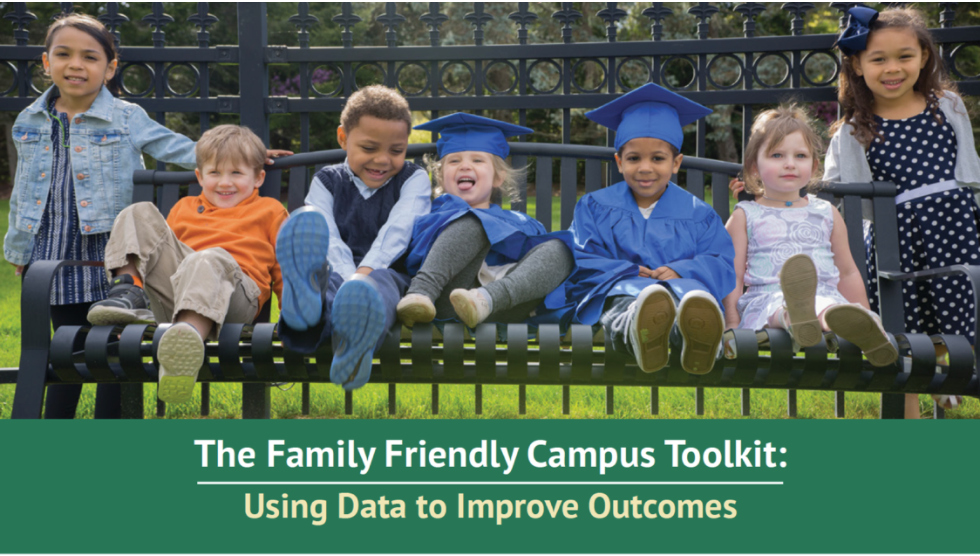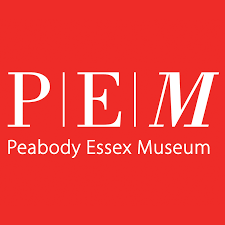Projects
We have worked with hundreds of organizations over the decades on projects that include several broad areas, primarily STEM, arts and literacy, and students with children in higher education. Foci include development of partnerships, curriculum, technology and professional development.
PERG’s projects range in scale from small developmental projects to research studies and multi-site evaluation of national and international partnerships, with funding from federal and state agencies and foundations.
We have evaluated programs funded by a range of public and private funders, including:
- National Science Foundation (DRK-12, AISL, CSforAll, Noyce, MSP, etc)
- Dept of Education
- Dept of Education
- Lumina Foundation
- Ascendum Education Foundation
- Annie E. Casey Foundation
- Institute for Museum and Library Services
- NASA (MUREP Includes)
project summaries

Family Friendly Campus Toolkit
Research & Development
The Family Friendly Campus Toolkit is an award-winning self-assessment system and guide for improving supports and outcomes for students who are raising children. It was originally funded by the US Department of Education; an updated version was funded by Lumina Foundation and released in 2020. It is used by advocates at 2- and 4-year colleges and universities across the country to help gather data, raise awareness, develop new resources, and improve conditions and success rates for this important population.
Amy O’Keefe, Executive Director
Campus Alliance for Resource Education
Texas Woman’s University
Jason Zelesky, Dean of Students
Mount Wachusett Community College

Peabody Essex Museum Native American Fellows Program
Program Evaluation
The PEM Native American Fellows (NAF) Program, funded by the Mellon Charitable Trust, provides Native American Fellows with professional leadership development that combines on-the-job museum experience with training in organizational development, management, strategic planning, fundraising and marketing. The Fellows, from various nations across North America and the Pacific and from diverse academic and professional backgrounds, work side-by-side with museum staff to develop the practical knowledge and skills needed to achieve their career goals as museum professionals or cultural and academic leaders for their communities.
Since 2017, PERG researchers have collaborated with program staff to create an annual report based on interviews with the Fellows and museum staff, and document analysis. The reports have led to improvements and new insights about diversity, equity and inclusion in the museum world.
